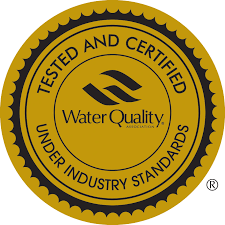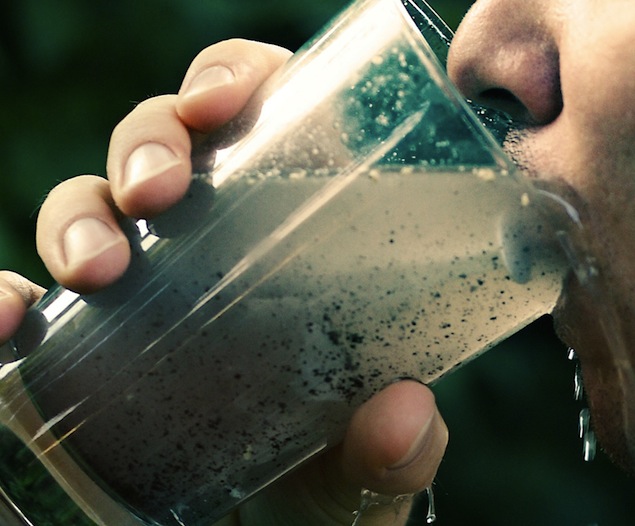Lead is universally recognized as a toxic substance yes the regulations vary from country to country. Previously we had discussed North America, but what about the rest of them? Is it as important to eliminate lead for people overseas?
The short answer to that is yes. Which is good. European countries that are under the European Union restrict lead in consumer products through directives such as Directive 76/69/EEC, which restricts lead in children’s products. The European Union also regulates lead in ceramic articles. Countries that don’t fall under the European Union either have their own regulations against lead or none at all.
In Australia, lead is regulated through the Consumer Affairs Act of 1971. This act places restrictions only on children’s toys and candlewicks. They also have amendment 17 in their Australian Statutory Regulations that prohibit lead from coming in contact with food and drugs. New Zealand is slightly different and regulates lead through the Unsafe Goods Indefinite Prohibition Notice that was passed in 2009. This notice places restrictions on lead in children’s toys as well.
A couple countries in central and South America regulate lead in food and food supplies. Columbia, Brazil, and Mexico currently only regulate the ceramics and glass that comes in contact with food. Back overseas, Japan and Thailand do the same by regulating the lead in any products imported to their cities. We should note that Japan goes a bit further by making sure lead is regulated in their food additives.
As you can see, not many countries have strict regulations against lead. And the majority of countries overseas only regulate lead in children’s toys and ceramics. This is a step in the right direction but we need to keep introducing regulations wherever possible. Lead is not a necessity.
– K






















Add comment